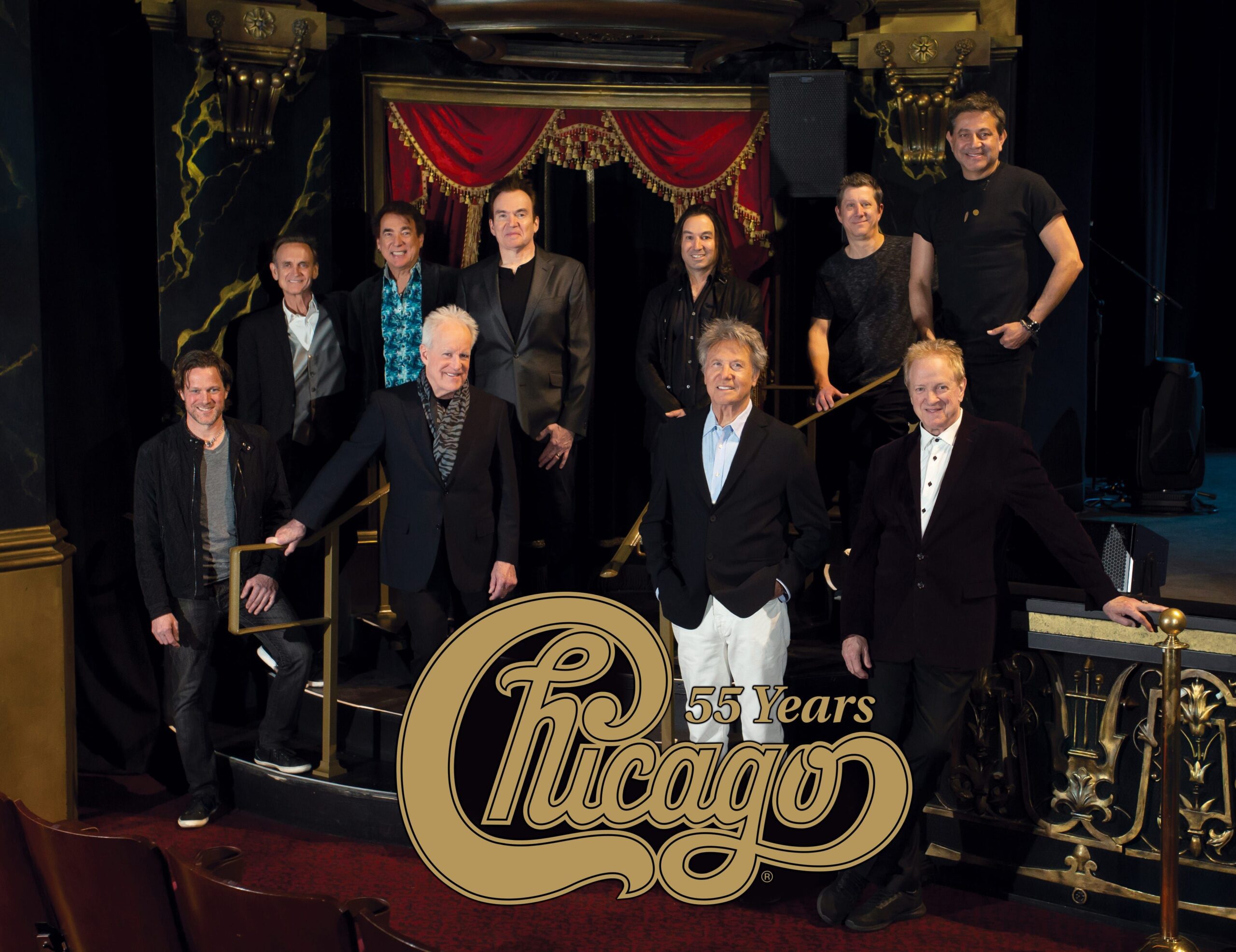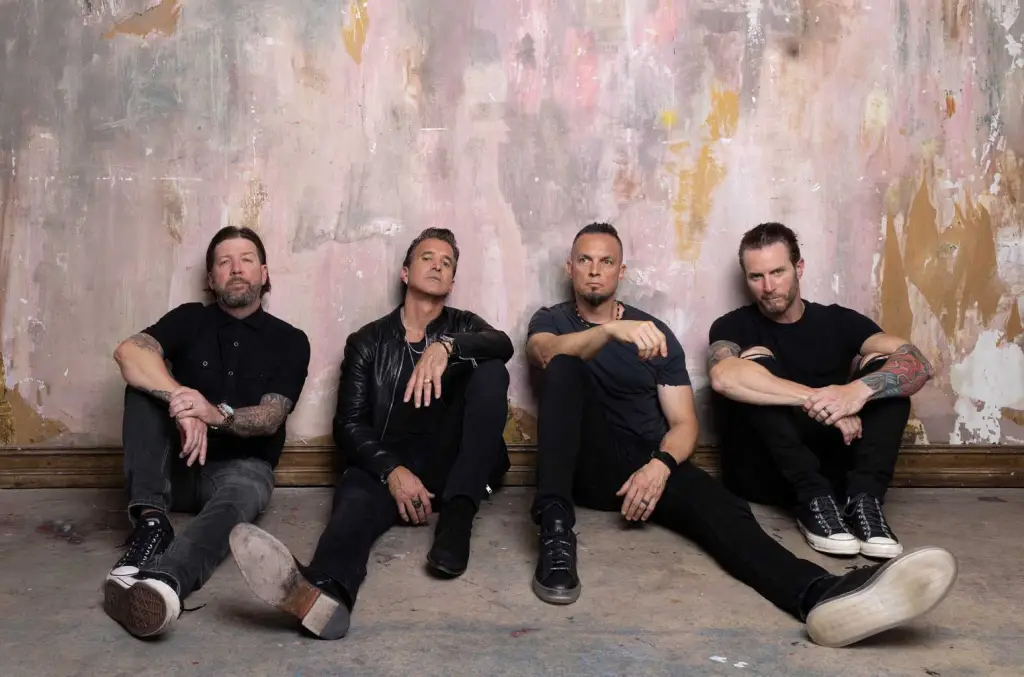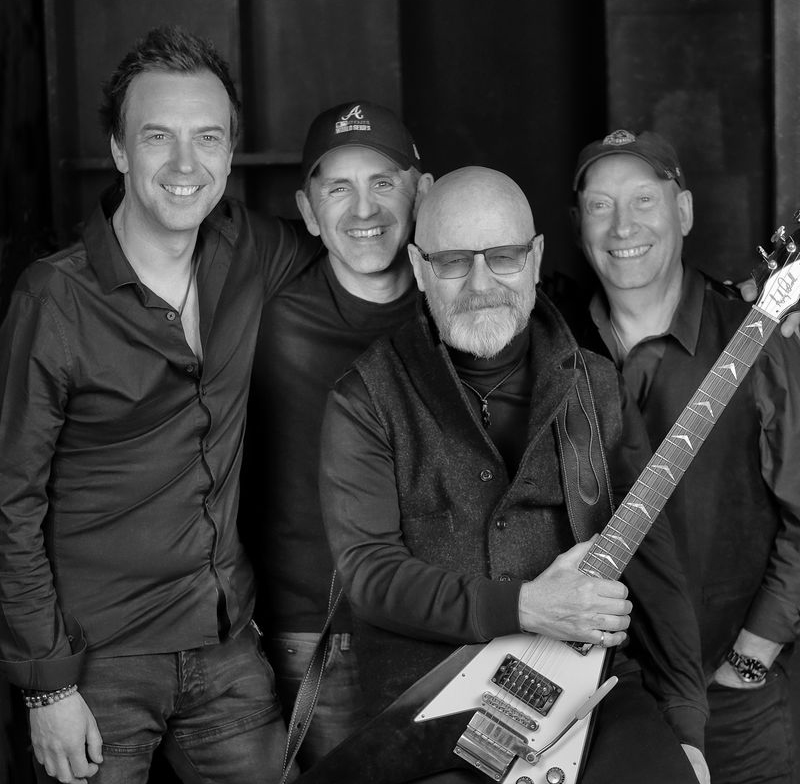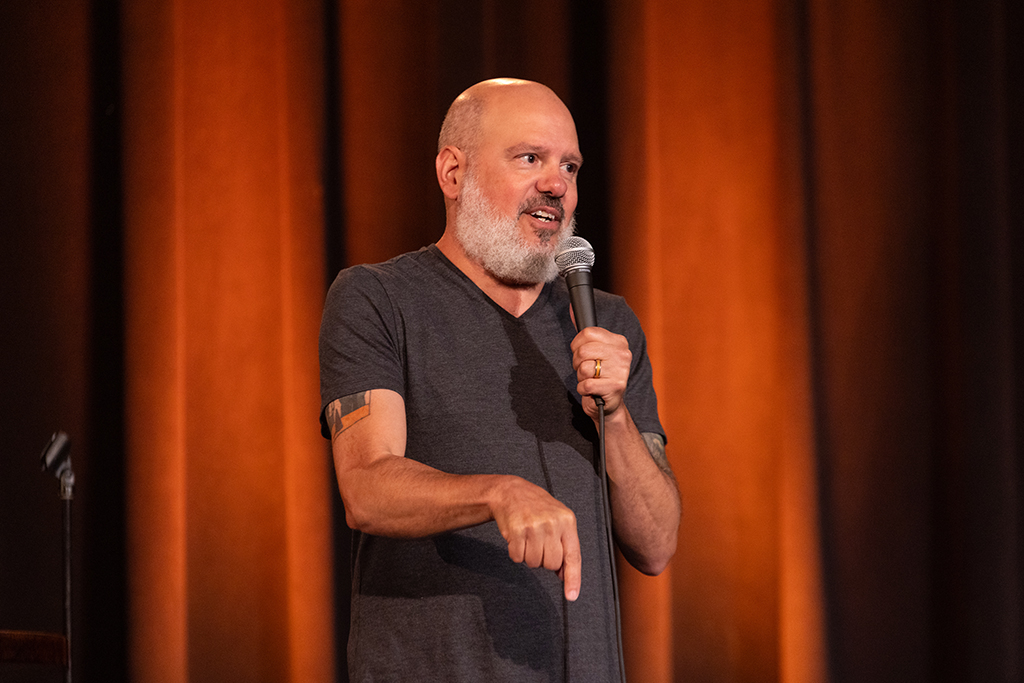Chicago is an American rock band formed in Chicago in 1967. The group began calling themselves the Chicago Transit Authority (after the city’s mass transit agency) in 1968, then shortened the name in 1969. Self-described as a “rock and roll band with horns,” their songs often also combine elements of classical music, jazz, R&B, and pop music.
Growing out of several bands from the Chicago area in the late 1960s, the line-up consisted of Peter Cetera on bass, Terry Kath on guitar, Robert Lamm on keyboards, Lee Loughnane on trumpet, James Pankow on trombone, Walter Parazaider on woodwinds, and Danny Seraphine on drums. Cetera, Kath, and Lamm shared lead vocal duties. Laudir de Oliveira joined the band as a percussionist and second drummer in 1974. Kath died in 1978 and was replaced by several guitarists in succession. Bill Champlin joined in 1981, providing vocals, keyboards, and rhythm guitar. Cetera left the band in 1985 and was replaced by Jason Scheff. Seraphine left in 1990 and was replaced by Tris Imboden. Although the band’s lineup has been more fluid since 2009, Lamm, Loughnane, and Pankow have remained constant members. Parazaider “officially retired” in 2017 but is still a band member. In 2021 he revealed he had been diagnosed with Alzheimer’s disease.
Earth, Wind & Fire is an American band whose music spans the genres of jazz, R&B, soul, funk, disco, pop, Latin, and Afro-pop. They are among the best-selling bands of all time, with sales of over 90 million records worldwide.
The band was formed in Chicago by Maurice White in 1969, growing out of the Salty Peppers; its history includes a hiatus from mid-1984 to mid-1987. Prominent members have included Verdine White, Philip Bailey, Ralph Johnson, Larry Dunn, Al McKay, Roland Bautista, Robert Brookins, Sonny Emory, Fred Ravel, Ronnie Laws, Sheldon Reynolds and Andrew Woolfolk. The band is known for its kalimba sound, dynamic horn section, energetic and elaborate stage shows, and the contrast between Bailey’s falsetto and Maurice’s tenor vocals.






